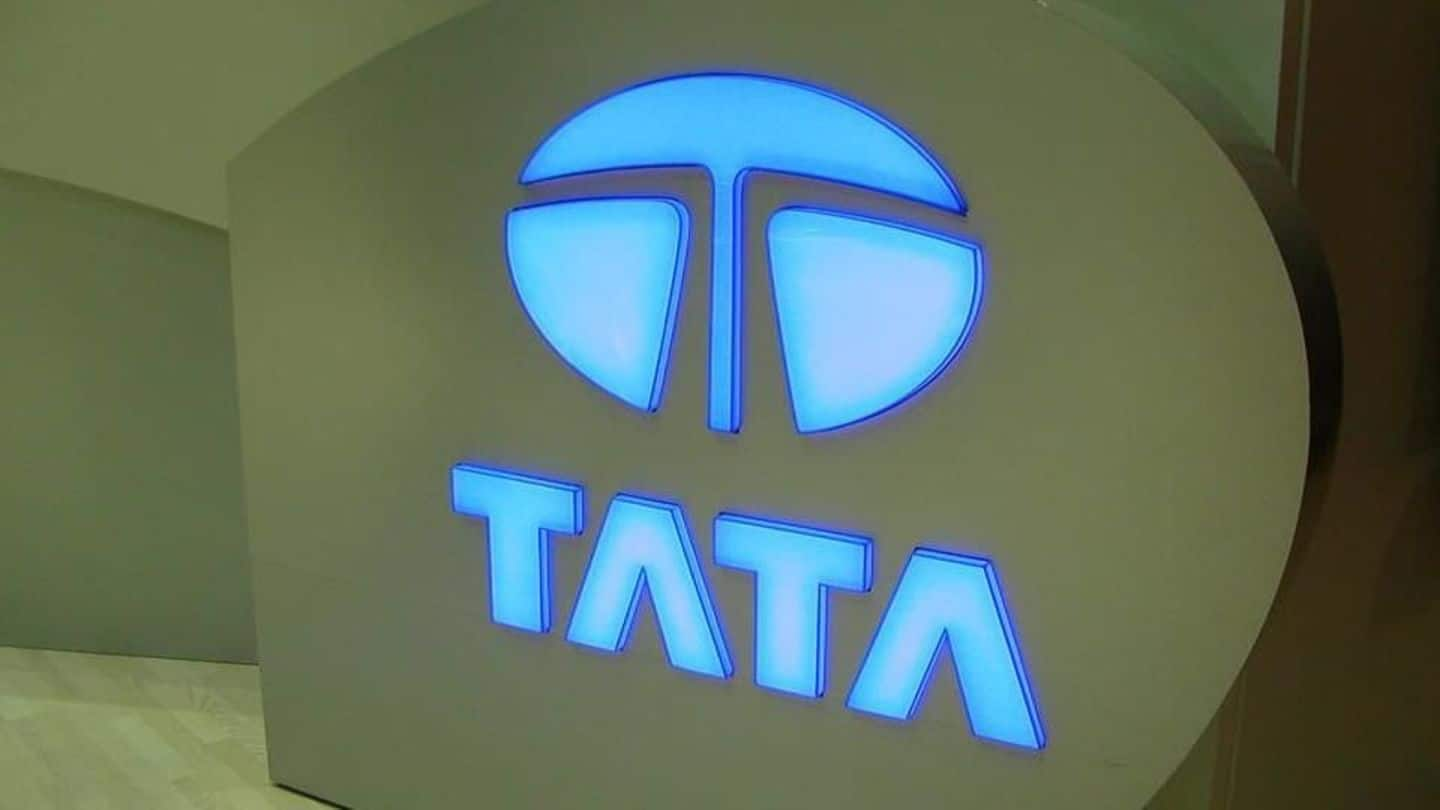
Tata Motors bags Centre's 10,000 electric cars' order
What's the story
The Centre has been pushing for a reduction in traditional fuel cars to tackle pollution. In order to lead by example, it plans on replacing the fuel driven cars, used by the government and its departments, with electric ones. The first contract to supply the electric vehicles has been won by Tata Motors, as it quoted the lowest price among the contenders. Here's more.
Quote
What was the quote?
According to its quoted price, the automaker will supply electric vehicles to the government at the price of Rs. 11.2 lakh each. This price is inclusive of goods and services tax and the firm will also provide a five-year warranty for the vehicle. Energy Efficiency Services Ltd, an arm of the ministry of power, said that this order will get supplied in two phases.
EESL
When will the Centre get it?
According to EESL, the first phase will see 500 vehicles being supplied to the government arm in November. It also informed that Tata Motors' quote, for its cars, is 25% lower than similar EVs which came with a three-year warranty. Meanwhile, another contender, Mahindra & Mahindra, may also get part of this order if it matches Tata Motors' bid.
M&M
M&M may get part order
EESL MD, Saurabh Kumar informed that M&M, in its bid, had quoted Rs. 13 lakh and now the automaker stands a chance of winning 40% of the order, provided it brings down the price to match that of Tata Motors'. Meanwhile, the third bidder for the contract, Japan's Nissan Motors, which planned on supplying 500 EVs from its showrooms in that country, was disqualified.
Tigor
Which car will Tata Motors supply?
Tata Motors will provide Centre with the electric version of its Tigor sedan, which will come fitted with imported battery. However, there is a slight hiccup, as the firm can provide 250 cars in the first phase instead of 500. Meanwhile, NITI Aayog, the government's think-tank, is devising a detailed plan to boost EV manufacturing in India.
Report
NITI Aayog's report for 2030
NITI Aayog's report stated that if India's passenger mobility is made shared, electric and connected, then by 2030, it's possible to slash India's energy demand by 64% and carbon emissions by 37%. This would mean an estimated net saving of about Rs 3.9 lakh crore on fuel prices. Hopefully, this goal gets realized as India's pollution levels are gradually reaching alarming levels.
Toyota
Mazda, Toyota and Denso will make EVs together
Meanwhile, Mazda, Toyota, and Denso Corporation have come together to form a new firm that'll focus on developing EV technologies. Toyota will, first, acquire 5% stake in Mazda and then carry out the required R&D and ideation together. The new firm will be called EV Common Architecture Spirit Co Ltd., of which Toyota will own 90% and Mazda, Denso will get 5% each.